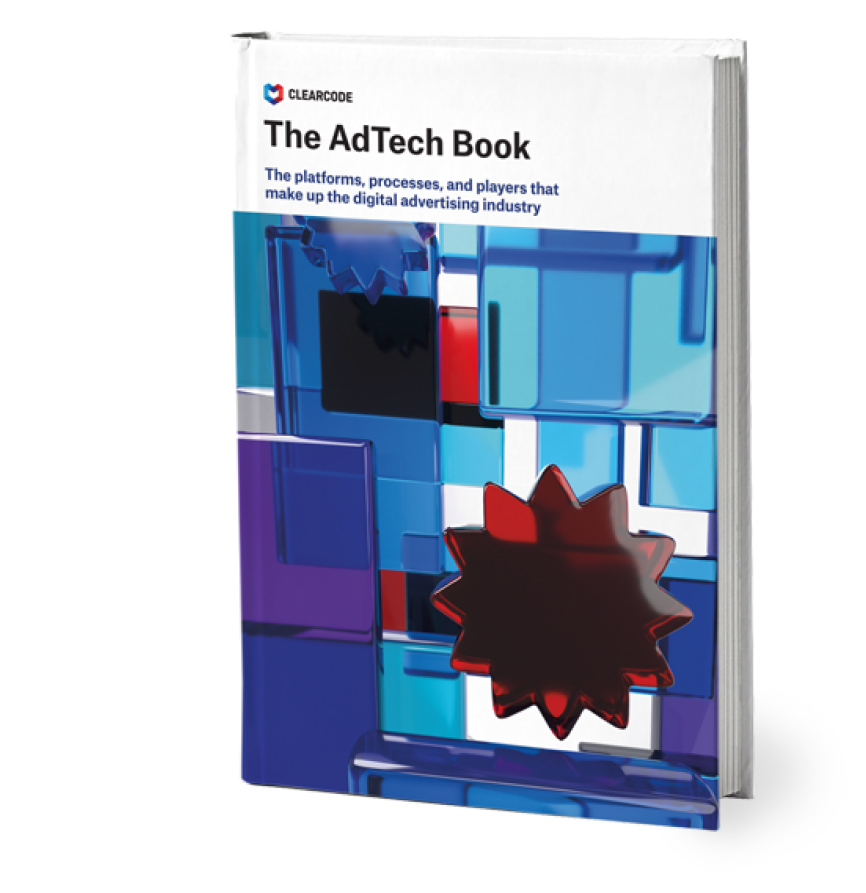In the early days of programmatic advertising, ad targeting was limited to the context of the webpage and information about the user from the user-agent string (e.g., an IP address for location).
Then, in the mid- to late-2000s when real-time bidding (RTB) was introduced, companies started utilizing web cookies to identify individuals across different websites.
These cookies, known as third-party cookies, grew in numbers and were soon being used to identify and track millions of users across the Internet. This ability to identify individuals across the web gave rise to behavioural ad targeting, as well as audience and campaign measurement, frequency capping, and attribution.
A few years later, news outlets started to get wind of this data-collection activity and started publishing stories about how companies, that people had never heard of, have been tracking them from website to website.
It wasn’t long before governments started to take notice and in 2016, the European Union released its General Data Protection Regulation (GDPR) to provide EU citizens and residents with rights regarding their privacy and data. The GDPR came into effect two years later on May 25, 2018, and has changed the way companies collect, store and use personal data.
But the biggest privacy changes were yet to come.
In 2017, Apple released the first version of its Intelligent Tracking Prevention (ITP) feature to prevent cross-site identification — the very process underpinned by third-party cookies.
In the years that followed, Mozilla introduced a similar feature to its Firefox web browser and Google announced that it too would be shutting off support for third-party cookies in Chrome, which is expected to happen in 2024.
Fast forward to 2023 and the AdTech and programmatic advertising industries are in a situation where 30% to 40% of all web-browser traffic is unidentifiable as a result of third-party cookies not being available. On top of that, Apple has introduced changes to how its identifier for advertising (IDFA) can be accessed on iOS devices, representing another milestone in its crusade against user tracking.
The Future of AdTech Lies in Privacy Enhancing Technologies (PETs)
In Exchange Wire’s Industry Review 2023 report, Clearcode’s CEO, Piotr Banaszczyk, outlines why companies should be looking at implementing privacy-enhancing technologies (PETs) into their businesses to help them navigate and succeed in the privacy-first world.
Read Clearcode’s piece in Exchange Wire’s Industry Review 2023 to learn more about:
- The privacy landscape in programmatic advertising.
- The alternatives to third-party cookies and mobile IDs.
- How companies can adapt to a privacy-first world.
- What privacy-enhancing technologies (PETs) are and how they work.
- Why companies should incorporate privacy-enhancing technologies into their AdTech platforms and advertising operations.
You can read and download Clearcode’s piece in the report here.





